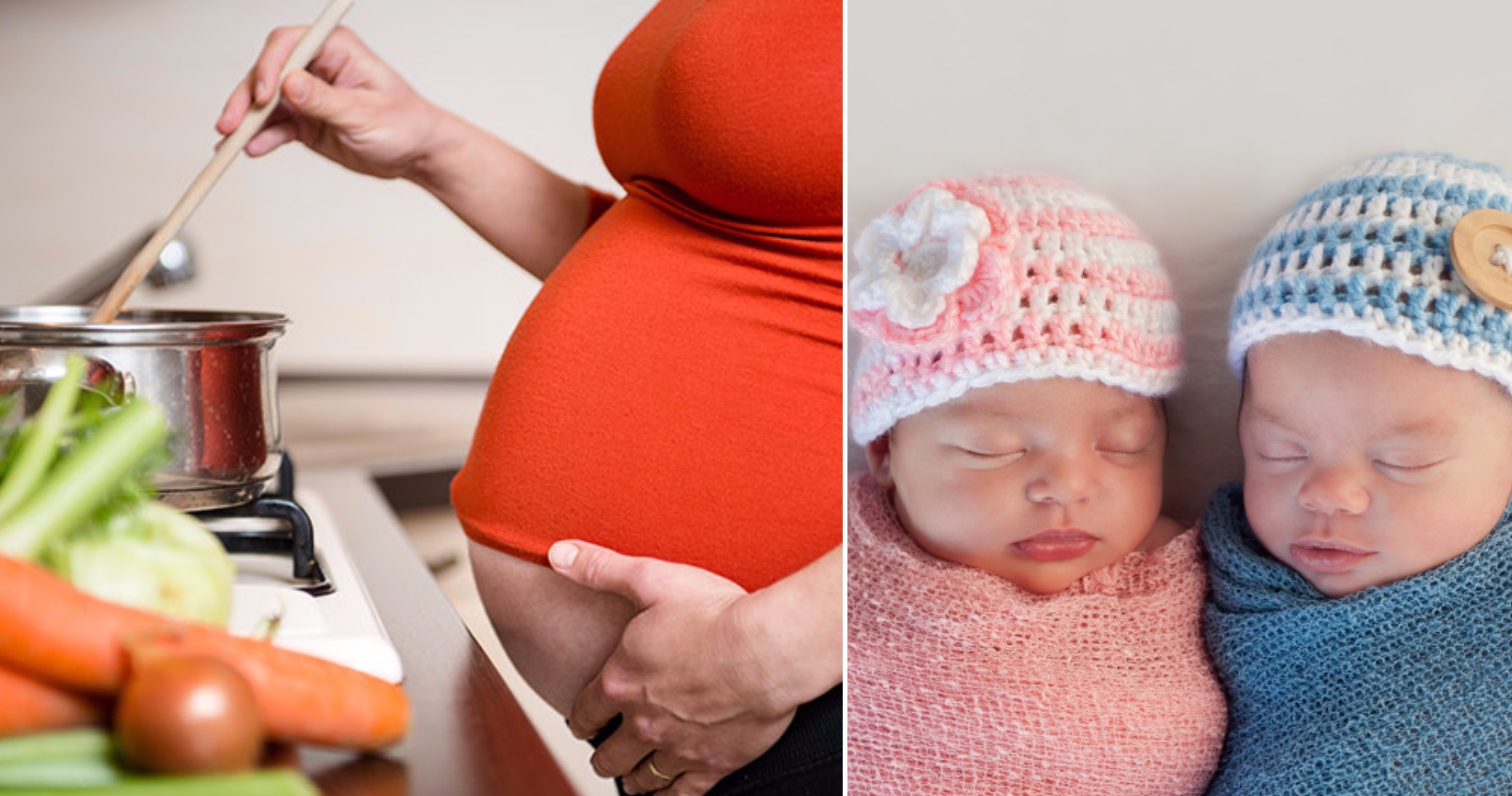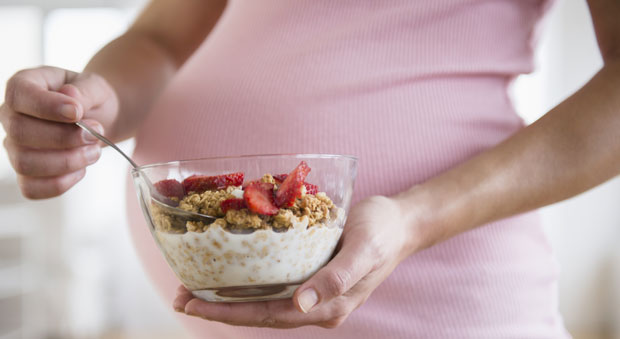For years it's been conventional wisdom that you are what you eat. And when it comes to pregnant women, your baby is what you eat as well.
You were probably told the classic rumor that eating bananas during your pregnancy would guarantee you'd give birth to a boy - maybe you're one of the unlucky women who actually scarfed down one of them every day hoping that would really happen.
Well as it turns out, bananas are real super-fruits, and you should probably be eating them anyways. But there's also a kernel of truth to that old myth: bananas really do make baby boys, and so do a few other foods.
Researchers from Britain did a groundbreaking study of 740 women during their first pregnancies. Their findings, published in Proceedings of the Royal Society B, found that there is a link between diet and your baby's gender.
While they also shot down a few classic old wives tales - drinking milk won't make your baby a girl, in fact it could have the opposite effect - they proved that a lot of conventional wisdom has been right all along.
Click the next page to learn which foods will affect your baby's gender.
According to researchers, the reason why moms who eat bananas have sons is because a diet high in potassium makes you more likely to birth a boy (and bananas are loaded with potassium).
In general, the study shows that women who bulk up during pregnancy can expect a boy. Diets higher in calories, sodium intake, and calcium all made women more likely to have a boy.
But the biggest influence of all was surprising: a healthy breakfast. Women who started their day with a bowl of cereal were 59% likely to have a boy, compared to just 43% of women who didn't eat cereal regularly.
To summarize: if you're hoping to have a baby boy, it wouldn't hurt to add some extra potassium, calcium or sodium to your meals. Starting the day with cereal and a banana should do the trick.
Meanwhile, if you're planning to have a girl, you could cut a little salt and dairy out of your diet. It's still important to get enough nutrients in your food for both you and the baby.
Share this interesting news with someone you know!
[H/T: CNN]





